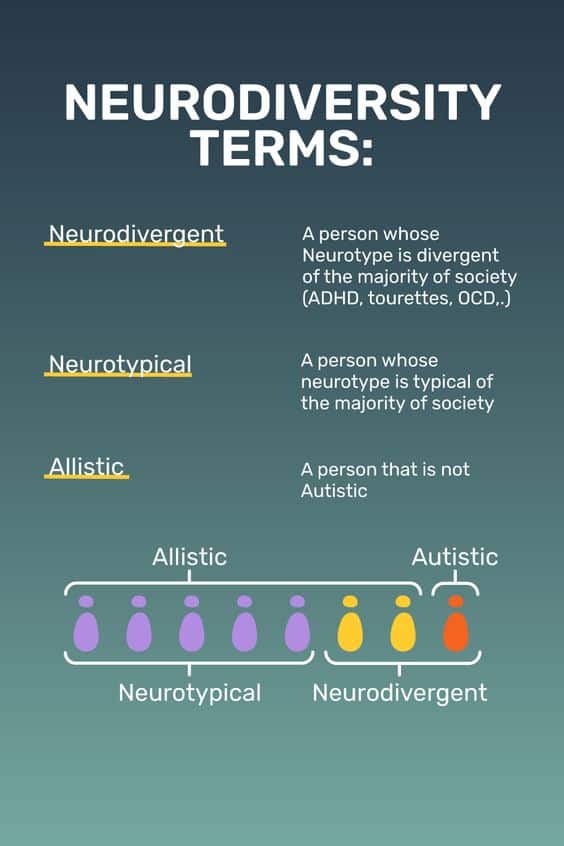Francis Galton was a brilliant man from Britain. He loved to explore, study people and how they think, and work with numbers to find patterns. Galton developed new ways to understand how traits or qualities can be similar in families and how to predict them.












